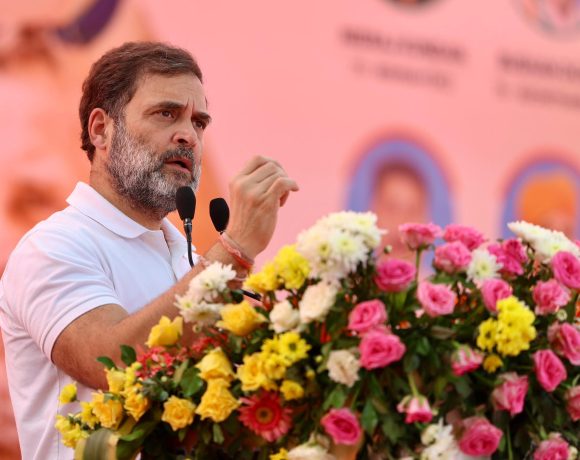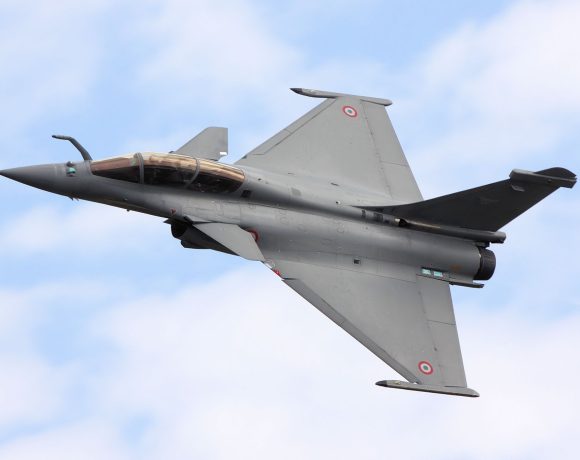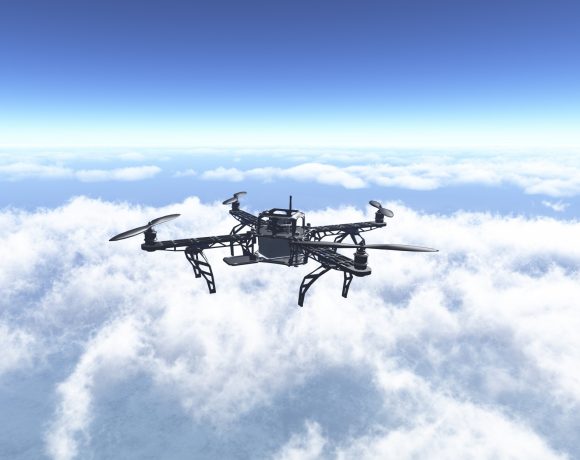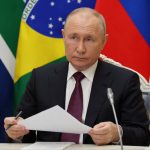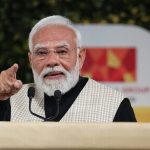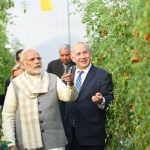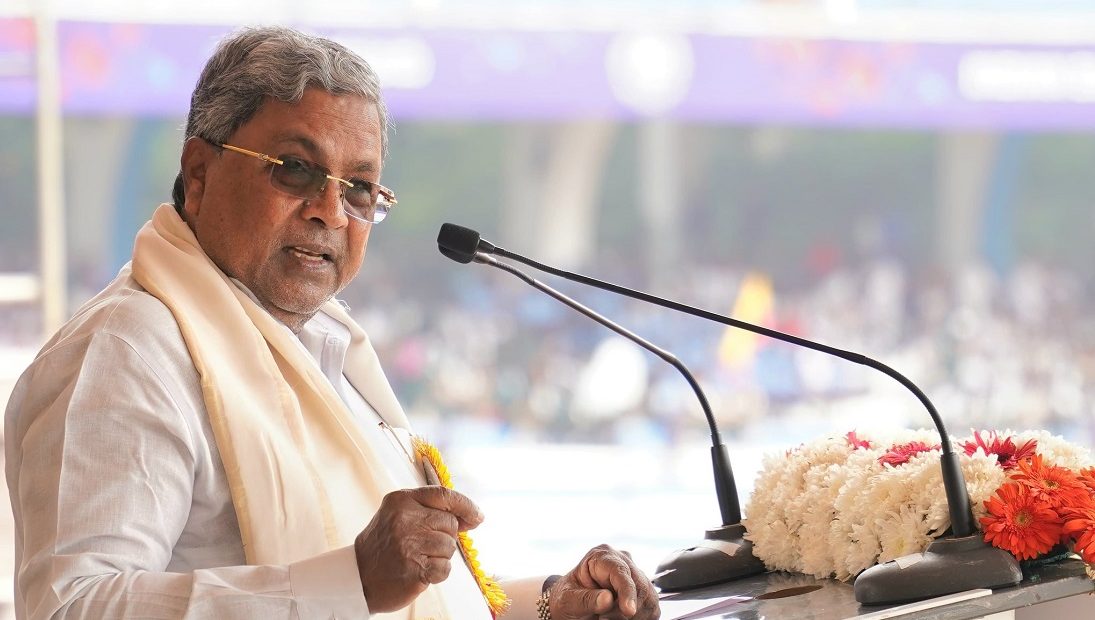
Tejasvi Surya Slams Karnataka CM Siddaramaiah Over Pahalgam Attack Remarks
BJP MP Tejasvi Surya has strongly criticized Karnataka Chief Minister Siddaramaiah for his remarks following the recent terror attack in Pahalgam, Jammu and Kashmir, which claimed the lives of 26 civilians. The Chief Minister had advocated for peaceful measures and expressed opposition to military action against Pakistan, emphasizing the need for enhanced security within Kashmir rather than escalating military conflict.
Tejasvi Surya Criticism
Reacting sharply, Tejasvi Surya questioned the propriety of such statements coming from a state leader, arguing that national security decisions should be left to the Indian Army and the Central Government. “Who are we to take this call?” Surya remarked, stressing that it was not for political leaders at the state level to dictate India’s security and defense responses to terrorist provocations.
He further pointed out that three of the victims of the Pahalgam attack hailed from Karnataka, and demanded that the Chief Minister should unequivocally condemn the terror attack instead of making statements that could be interpreted as conciliatory toward Pakistan.
Siddaramaiah Pahalgam Remarks
Siddaramaiah, in his earlier statement, acknowledged that there had been a lapse in security but reiterated his long-standing opposition to war. He emphasized that maintaining peace through strengthening internal security measures in Kashmir should be the priority, rather than engaging in military retaliation.
However, his comments have sparked political backlash, with critics accusing him of downplaying the severity of cross-border terrorism and failing to stand firmly with the national sentiment seeking justice for the victims.
Karnataka Political Row
Adding to the criticism, Karnataka’s Leader of the Opposition R. Ashoka also slammed Siddaramaiah’s remarks, calling them “shocking” and accusing the Chief Minister of putting vote-bank politics above national interest. He questioned whether the Chief Minister’s statements were aimed at appeasing certain sections rather than standing united against terrorism.
The political exchange highlights deepening divisions over how national security issues are handled and discussed in the public domain. As the country grapples with the aftermath of the Pahalgam attack, the debate over the appropriate political response continues to intensify.


